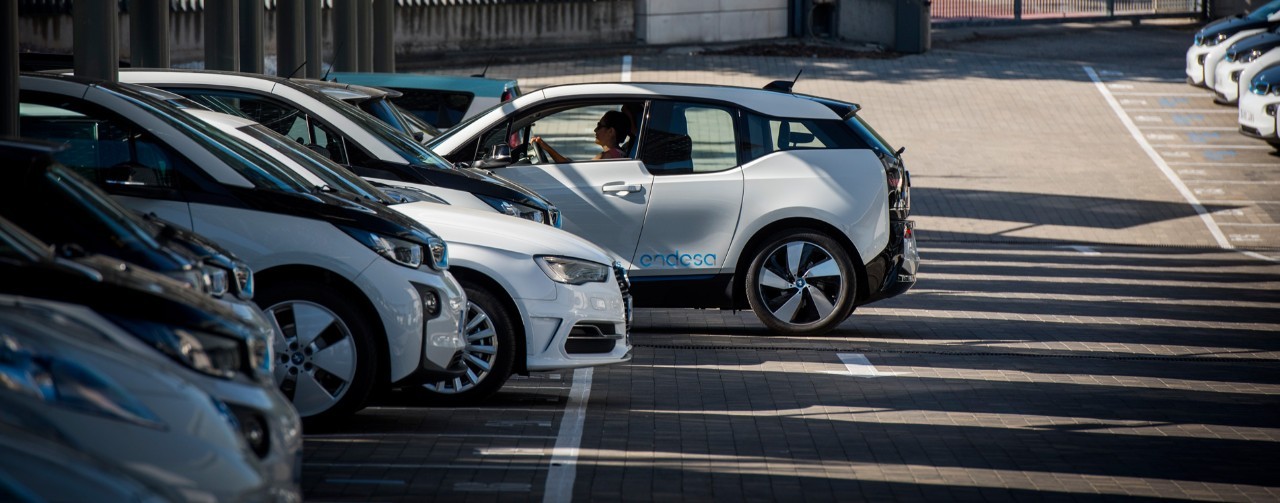
If you prefer to always view the website in English, please click here.
If you prefer to always view the website in English, please click here.
Big data has reached the electrical grid and it is going to change everything. The millions of data offered by smart grids will allow system operators to predict and anticipate potential incidents in order to improve the functioning of the network and the quality of service to clients.
This is the challenge of the PASTORA project, an initiative which we are leading in Malaga, together with a consortium of companies and research organisms. During the 31 months of the project, we are going to apply artificial intelligence techniques to analyse the data obtained from electric meters and sensors installed at different points of the grid. Using an algorithm, we will conduct advanced statistical data processing, allowing us to improve control in real time, as well as preventive maintenance of the distribution grid.
As stated by Javier Leiva Rojo, Head of Smartcity Málaga Living Lab at Endesa, "the aim of PASTORA is to anticipate any problem which may occur on the grid, based on the knowledge of what is happening on the electric grid".
“The aim of this project is to try and anticipate any type of incident that may occur on the grid, based on all of the knowledge big data offers.”
Javier Leiva Rojo, Head of Smartcity Málaga Living Lab
PASTORA, which stands for Preventive Analysis of Smart Grids with Real Time Operation and Renewable Assets Integration, is run at the Smartcity Málaga Living Lab, an ecosystem for innovation which brings together all of the technologies of smart grids in a real environment. It was also the home of the MONICA project, which also focused on automating the electric grid, yielding conclusions which have served as a starting point to progress in the predictive maintenance of the distribution grid.
“This is a true laboratory: we have 37 transformation centres monitored by Endesa systems to service real clients, allowing us to draw conclusions.”
Javier Leiva Rojo, Head of Smartcity Málaga Living Lab
Thanks to the millions of data the new smart grid offers us, we are going to develop predictive models to anticipate how the network will behave and, in that way, improve their functioning. This will facilitate the integration of renewable energies and electric vehicles, and it will also allow to anticipate where incidents may occur, to optimise grid maintenance and investments.
This project — a new step in the digitalisation of the distribution grid — is being run with a consortium which includes Ayesa Advanced Technologies, Ormazabal Media Tensión, Ingelectus Innovative Electrical Solutions, AICIA (a research association linked to the University of Seville) and the University of Granada. It manages a budget of 2.8 million euros, partially funded by CDTI, the Centre for the Development of Industrial Technology, supported by the Ministry of Science, Innovation and Universities and co-financed by the European Union through ERDF, via the Multi-regional Operational Programme for Spain 2014-2020.
With innovation projects like PASTORA, we work to progress in the digitalisation of the distribution grid by integrating artificial intelligence and big data techniques into the energy sector to improve our services.





.jpeg)